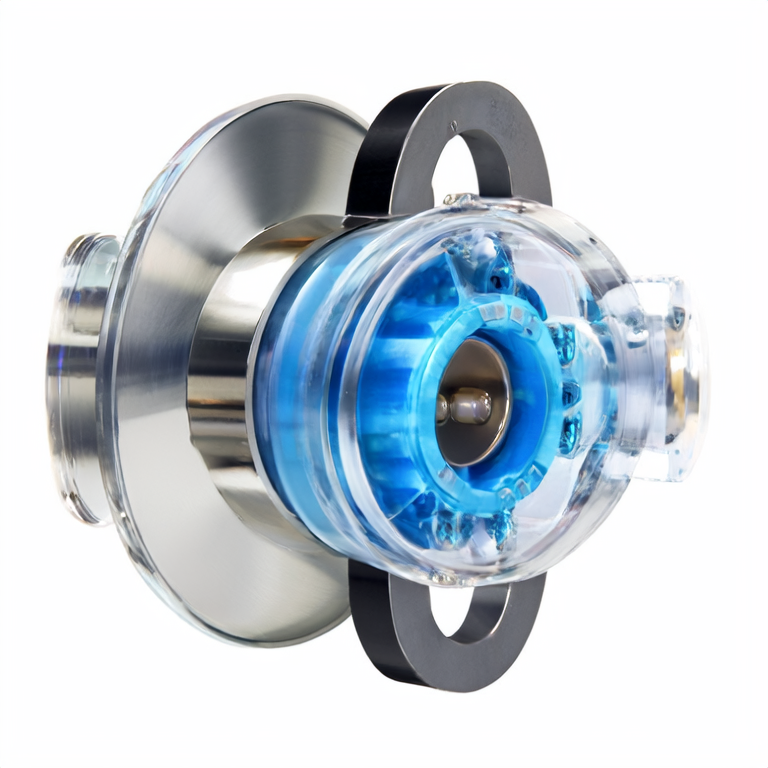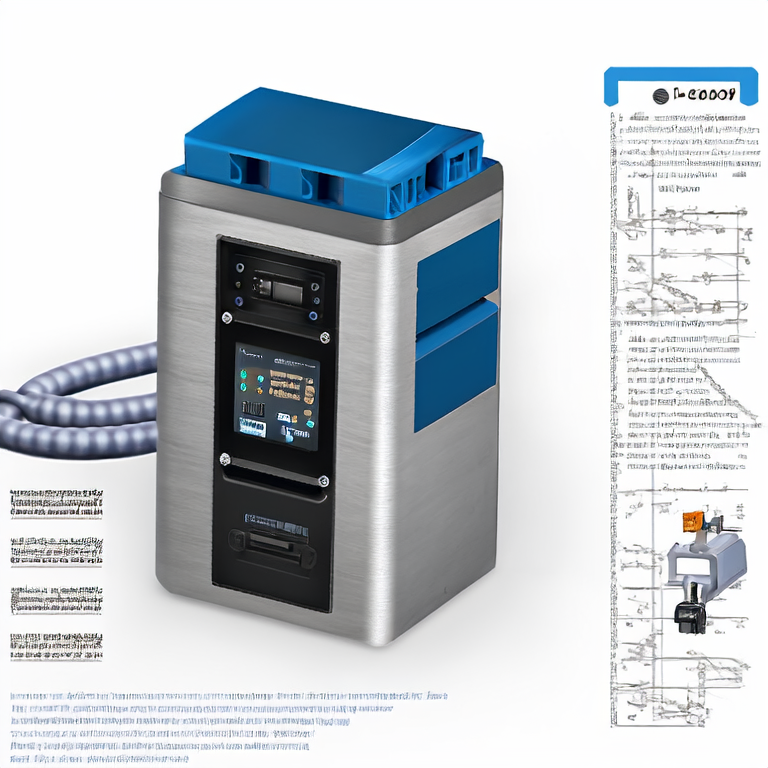Selecting Electrode Material for Long-Term Electromagnetic Flow Transmitter Performance
Sep. 18, 2025
Electromagnetic flow transmitters are crucial for measuring the flow of conductive fluids in various applications, and the electrode material plays a significant role in their long-term performance and reliability. Choosing the proper electrode material can ensure accuracy, durability, and efficiency over time. This article will delve into the critical factors influencing the selection of electrode materials, along with practical steps to enhance the longevity and effectiveness of electromagnetic flow transmitters.
1. Understand the Importance of Electrode Material
- Impact on Measurement Accuracy: The right electrode material ensures reliable conductivity, impacting the precision of flow measurements.
- Longevity and Durability: Choosing materials resistant to corrosion and wear reduces maintenance costs and downtime.
- Compatibility with Fluids: Different fluids may react differently with certain materials; understanding these interactions is crucial.
2. Key Properties of Electrode Materials
- Electrical Conductivity: Essential for accurate signal transmission; materials should have high conductivity.
- Chemical Resistance: Consideration for the type of fluid being measured; materials must withstand corrosive elements.
- Temperature Tolerance: Materials must perform under various temperature conditions without degradation.
- Mechanical Strength: The ability to withstand pressure and wear is essential for long-term use.
3. Common Electrode Materials and Their Applications
- Stainless Steel:
- Widely used for its corrosion resistance.
- Suitable for most water and wastewater applications.
- Platinum:
- Offers excellent durability and resistance.
- Common in high-temperature and reactive fluid applications.
- Gold:
- Highly conductive, ideal for low flow rates.
- Typically used in laboratory and specialized applications.
- Titanium:
- Great resistance to aggressive fluids.
- Often used in chemical processing industries.
4. Factors Influencing Material Selection
- Type of Fluid: Analyze the properties of the fluid, including temperature, pH, and presence of corrosive elements.
- Environmental Conditions: Consider the external environment as it may affect the transmitter\'s performance.
- Regulatory Standards: Ensure compliance with industry standards and regulations (e.g., FDA, EPA).
5. Practical Steps for Selecting the Right Electrode Material
- Evaluate Fluid Characteristics: Gather data on the fluid’s conductivity, salinity, acidity, and temperature range.
- Analyze Application Requirements: Define the application’s pressure, flow rates, and expected maintenance frequency.
- Research Material Properties: Utilize reputable sources to compare the advantages and disadvantages of different materials. Sources may include academic papers and industry manuals.
- Consider Long-Term Costs: Factor in initial costs vs. potential maintenance expenses over the equipment\'s lifespan.
- Consult with Experts: Engage with manufacturers and engineers to obtain insights and recommendations based on past performance data.
- Test Material Compatibility: If possible, conduct tests with sample materials under simulated conditions before full implementation.
6. Enhancing Performance and Longevity of Electromagnetic Transmitters
- Regular Maintenance Check-Ups: Schedule periodic inspections to ensure electrode integrity.
- Install Protective Measures: Consider coatings or membranes that can improve durability against corrosive fluids.
- Monitor Performance Metrics: Use diagnostics to track any deviations in flow measurements, which could indicate electrode wear.
7. Conclusion and Recommendations
Selecting the appropriate electrode material for electromagnetic flow transmitters is integral to their effective long-term performance. By understanding fluid properties, evaluating material characteristics, and adhering to a systematic selection process, users can optimize the accuracy and lifespan of their flow measurement systems.
For quality electromagnetic flow transmitters, consider gallopsensor.com">Gallop Sensor for a range of options available to suit your needs.





